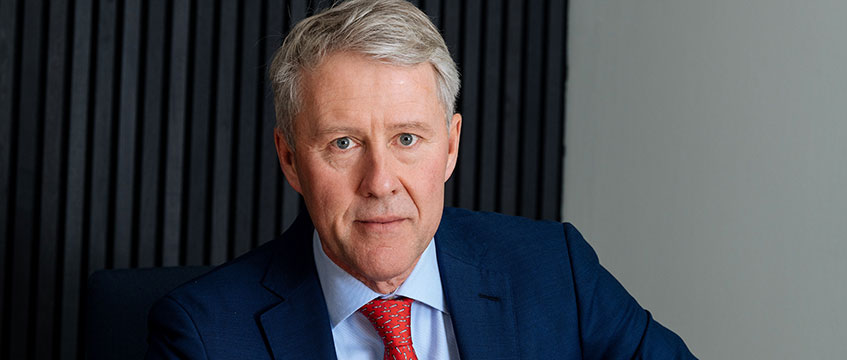Filling office towers back up after the Covid-19 pandemic will depend on many factors: the amenities on hand, transport options and working practices are all playing a part in how many employees return to their traditional place of work and how often. But a new report from the workplace advisory team at Colliers suggests another influence – country culture and social psychology.
The agency’s latest report on the post-pandemic workplace takes cultural dimensions developed by the late Dutch social psychologist Geert Hofstede (pictured) and uses them as a lens through which to work out in which countries companies might find it easier to convince workers to return to the office rather than work at home.
“Hofstede developed one of the first and most popular frameworks for measuring cultural dimensions in a global perspective,” said the report, written by head of EMEA workplace advisory JanJaap Boogaard and team director Sven Moller. “This model can be useful to determine how a global hybrid working strategy can be delivered most effectively.”
The Colliers team tapped into two of Hofstede’s ideas: individualism versus collectivism and power distance.
‘I’ or ‘we’?
The former explores whether people’s self-image in a particular country tends to be defined in terms of ‘I’ or ‘we’.
“In countries that score high on individualism it is arguably more challenging to get people back to the office,” the report said. “It is more likely that people make their own choice for where and how to work, which may be more remote-based. In collectivistic countries, people tend to focus more on the group and team, and arguably prefer to be more physically together.”
Countries that score highly for individualism include the UK, France and the Netherlands, while those that score low include Romania, Greece and Macedonia.
Power distance
The second term – power distance – is defined as the extent to which the less powerful members of institutions and organisations within a country expect and accept that power is distributed unequally. In countries with a large degree of power distance, companies are likely to have a hierarchical order “in which everybody has a place, and which needs no further justification”, Colliers’ team said.
“In countries with a high level of power distance, there is potentially a stronger push to return to the office,” the report said. “If a manager wants employees back in the office, it may be more likely that people will accept this, compared to countries with a low level of power distance. We see at many organisations that the number of days managers want employees to be in the office is higher than the number of days employees are in.”
Countries with high scores for power distance include Belgium, France and Poland. Those with lower scores include Denmark, the Netherlands and Sweden.
Companies should take both factors into account when setting out new hybrid working policies and rethinking their office space, Boogaard and Moller said.
Country culture
“It is important to be aware and adapt to country culture and potential levels of resistance instead of taking a ‘one size fits all’ approach when developing, delivering and managing change associated with new hybrid work strategies,” they wrote.
But the report added: “Country culture is fluid and changing, therefore it is important not to have a single focus on this. We believe that it is important to be aware of it, and when required adapt to it, but also take other factors into account.
“When implementing global workplace strategies, it is also critical to customise the communications and change management strategy to country culture. In some countries more comprehensive change programs may be required compared to other countries.”
To send feedback, e-mail tim.burke@eg.co.uk or tweet @_tim_burke or @EGPropertyNews











